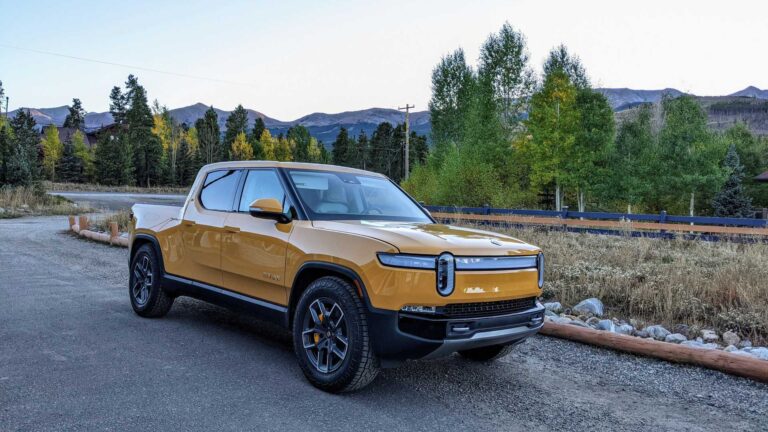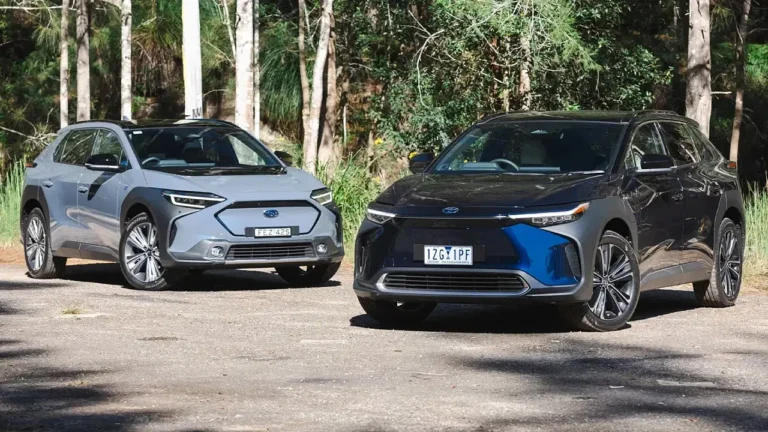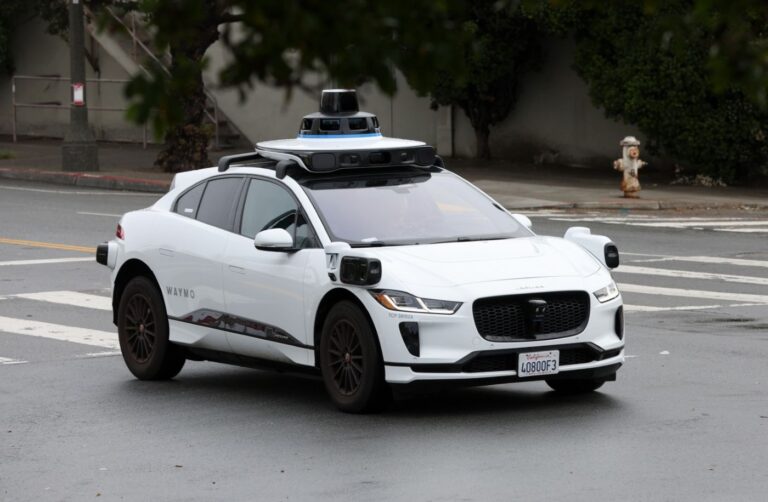Audi is preparing to take on BMW, Mercedes-Benz, and Land Rover in the luxury SUV market with its most ambitious model yet—the highly anticipated Audi Q9. Designed as the brand’s flagship SUV, the Q9 will feature three rows of seating and a design specifically crafted to appeal to premium markets such as the United States, China, and the Middle East.
Positioned above the current Q7, the Q9 will retain a similar design language but with a longer and more upright body, ensuring ample space for adult passengers across all three rows. Additionally, a six-seat layout with captain’s chairs is expected to be available, mirroring the BMW X7’s offering.

Built on Volkswagen’s Premium Platform Combustion (PPC)
The Audi Q9 is expected to be underpinned by an extended version of Volkswagen Group’s Premium Platform Combustion (PPC), which accommodates longitudinal engine configurations and supports a diverse range of powertrains. These could include a 2.0-liter turbocharged four-cylinder engine as well as a high-performance V8. Audi is also testing a sportier SQ9 variant, which has been spotted featuring wide fenders, large wheels—potentially up to 23 inches—and distinctive quad exhaust outlets. This model is rumored to incorporate a V8 engine with hybrid assistance to meet global emissions regulations.
Design & Features
Spy images of the Q9 reveal sleek split LED headlights, a prominent honeycomb-pattern grille, and a full-width rear light bar similar to that of the latest A6 Avant. Additionally, traditional door handles may be replaced with discreet touch-sensitive controls near the window line.

Inside, Audi aims to push the boundaries of luxury and technology with a completely revamped dashboard that will integrate the latest version of the brand’s dual-screen MMI system, with an optional display for the front passenger.
Expected Arrival in 2027
While Audi has yet to officially confirm a launch date, industry reports suggest the Q9 could be unveiled by late 2026, with sales beginning in early 2027. The SUV’s debut aligns with Audi’s evolving strategy regarding the transition away from internal combustion engines. Although the company has set 2032 as its target for phasing out gasoline-powered models, CEO Gernot Döllner recently indicated that the brand is reassessing its timeline due to shifting global market conditions.



